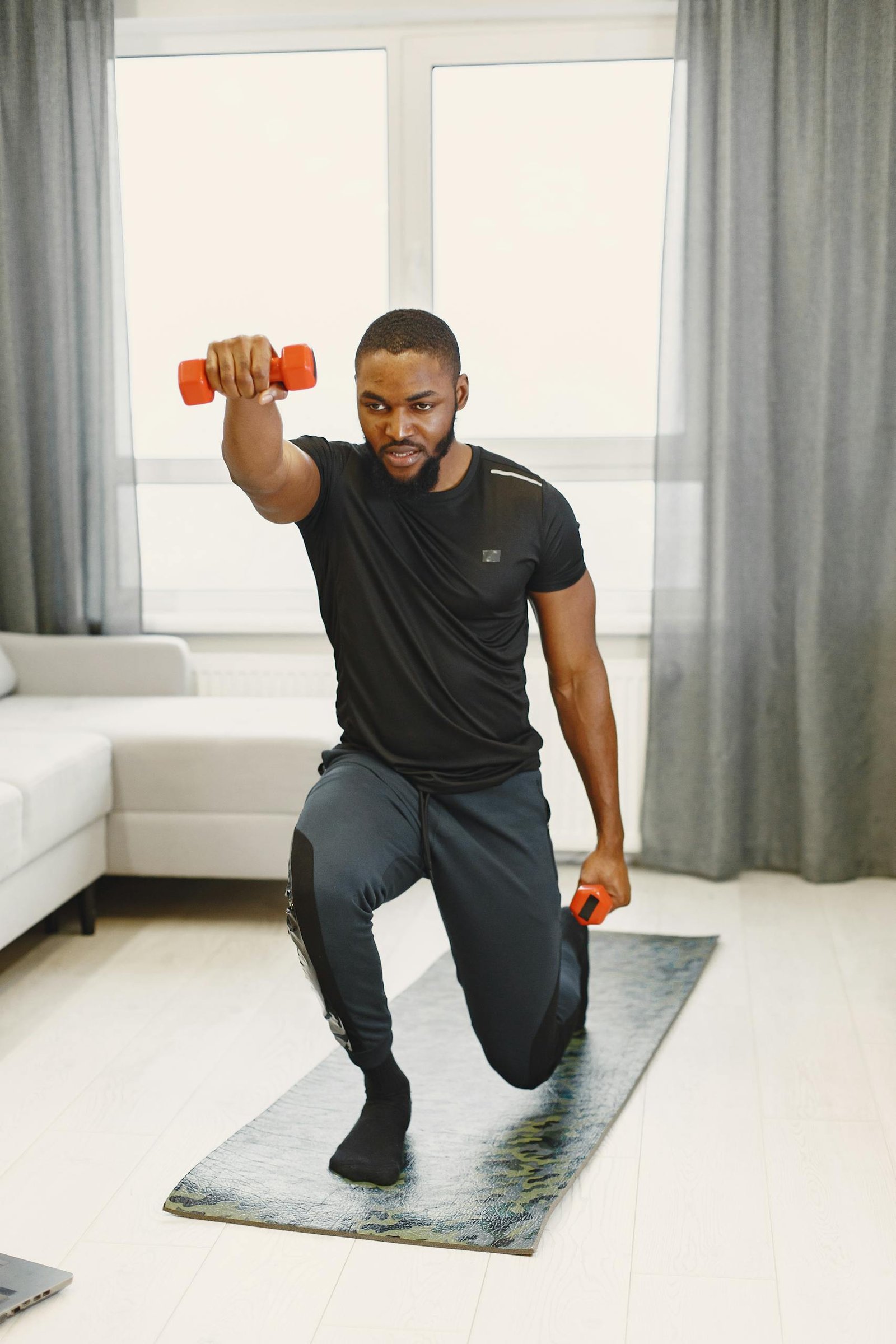Body Clock and Exercise: Understanding the Science Behind Your Workout Timing
Have you ever wondered why some days you feel more energized for a workout in the morning while other days you find your rhythm in the evening?
This fluctuation in energy and performance can be attributed to your body clock, or circadian rhythm. Let’s explore the science behind how your body clock affects exercise and how you can optimize your workout timing for the best results.
What is the Circadian Rhythm?
The circadian rhythm is a natural, internal process that regulates the sleep-wake cycle and repeats roughly every 24 hours. It is influenced by environmental cues like light and darkness. This biological clock affects various bodily functions, including hormone release, body temperature, and metabolic processes.
How Circadian Rhythm Affects Exercise Performance
- Body Temperature: Your body temperature fluctuates throughout the day, typically being lowest in the early morning and peaking in the late afternoon and early evening. Higher body temperatures can enhance muscle flexibility, strength, and enzyme activity, making late afternoon and evening an optimal time for high-intensity workouts. Studies have shown that peak performance in activities like running, cycling, and weightlifting often occurs in the late afternoon and early evening due to these temperature changes.
- Hormone Levels: Hormones like cortisol and testosterone also follow a circadian pattern. Cortisol, which helps with energy metabolism and stress response, is typically higher in the morning, providing an energy boost for morning workouts. Testosterone, important for muscle growth and strength, peaks in the morning and late afternoon, supporting both morning and evening exercise sessions.
- Cardiovascular Efficiency: Your cardiovascular system operates more efficiently in the afternoon and evening. Blood pressure and heart rate are lower later in the day, which can reduce the strain on your heart during exercise. This is particularly beneficial for endurance-based activities like running and cycling.
Morning vs. Evening Workouts
Morning Workouts:
- Pros:
- Boosted Metabolism: Morning workouts can jumpstart your metabolism, helping you burn more calories throughout the day. Consistency: Fewer distractions and schedule disruptions can lead to more consistent exercise habits. Improved Sleep: Exercising in the morning can improve sleep quality by regulating your circadian rhythm.
- Cons:
- Stiffness and Risk of Injury: Lower body temperature in the morning can increase the risk of injury due to muscle stiffness. Proper warm-up is essential.
Nothing a proper warm up can’t fix! check out this guide to morning workout warm up!
Evening Workouts:
- Pros:
- Peak Performance: Higher body temperature and optimized hormone levels can enhance strength, endurance, and flexibility. Stress Relief: Exercising after a long day can reduce stress and promote relaxation. Social Benefits: More opportunities for group workouts and social interactions.
- Cons:
- Potential Sleep Disruption: High-intensity exercise close to bedtime can interfere with sleep for some individuals. It’s important to finish workouts at least a few hours before sleeping.
Personalizing Your Workout Schedule
The best time to exercise ultimately depends on your individual circadian rhythm, lifestyle, and fitness goals. Here are some tips to help you find your optimal workout time: To maximize your day, we recommend starting your mornings with an invigorating workout, complete with a thorough warm-up. This approach not only energizes you but also sets a positive tone for the hours ahead!”
- Track Your Performance: Keep a workout journal to note how you feel and perform at different times of the day.
- Experiment with Timing: Try exercising at various times to see when you feel most energized and perform best.
- Listen to Your Body: Pay attention to your body’s signals and adjust your routine accordingly.
- Stay Consistent: Consistency is key. Choose a workout time that fits your schedule and stick to it for the best long-term results.
Email our Certified Personal Trainer, Eugene@longhealthyliving.com, for a FREE CUSTOM 1 month
Conclusion
Understanding the impact of your body clock on exercise can significantly optimize your workout routine, enhancing both performance and overall well-being. Whether you’re a morning person or a night owl, aligning your exercise habits with your circadian rhythm can elevate your fitness journey to new heights.
References
- Knaier, Raphael, et al. “Diurnal Variation in Maximum Endurance and Maximum Strength Performance: A Systematic Review and Meta-analysis.” Medicine & Science in Sports & Exercise, vol. 54, no. 1, 2022, pp. 169-180. https://doi.org/10.1249/MSS.0000000000002773.
- Nobari, Hadi, et al. “Narrative Review: The Role of Circadian Rhythm on Sports Performance, Hormonal Regulation, Immune System Function, and Injury Prevention in Athletes.” Heliyon, vol. 9, no. 9, 2023, e19636. https://doi.org/10.1016/j.heliyon.2023.e19636.
- Journal of Physiology: https://physoc.onlinelibrary.wiley.com/doi/full/10.1113/JP276943







